Chatroulette
Overview
Chatroulette is a website that pairs random users from around the world together for webcam-based conversations. Visitors to the website begin an online chat (text, audio, and video) with another visitor who is chosen at random. At any point, either user may leave the current chat by initiating another random connection. The service was created by Andrey Ternovskiy, a 17-year-old high school student from Moscow, Russia, who launched the site in November 2009.
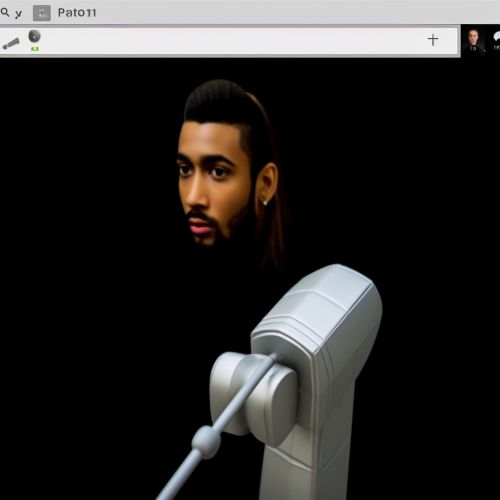
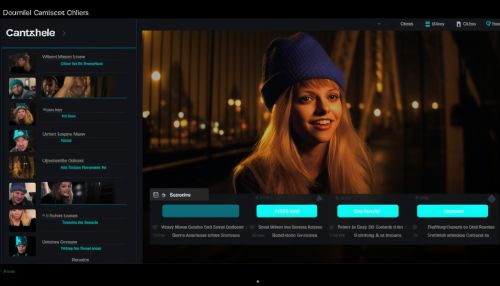
History
Chatroulette was developed by Andrey Ternovskiy, who was a 17-year-old high school student in Moscow, Russia at the time. Ternovskiy was inspired by Skype and other similar video chat services. He wanted to create a platform where people could interact with strangers without the constraints of typical social media platforms. The website was launched in November 2009, and within a month, it had 500 users. By the beginning of 2010, the site's user base had grown to 1.5 million.

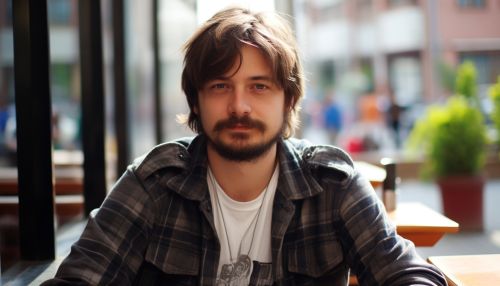
Functionality
Chatroulette pairs users at random to initiate a chat. They can communicate through video, audio, and text. At any point, a user can exit the chat by initiating another random connection. The site uses Adobe Flash to display video and access the user's webcam. There is no control over the gender or location of the users in the chat, although the site has tried to implement various safety measures and adult content filters.
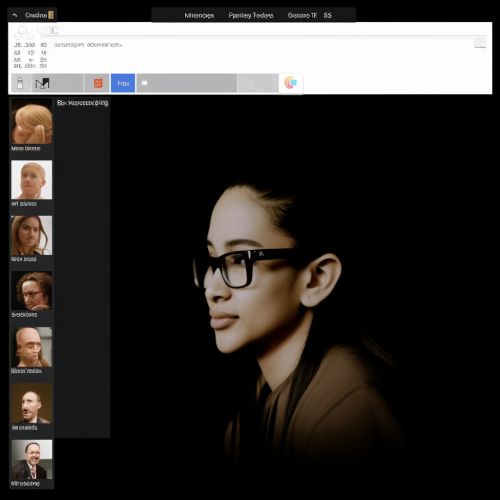
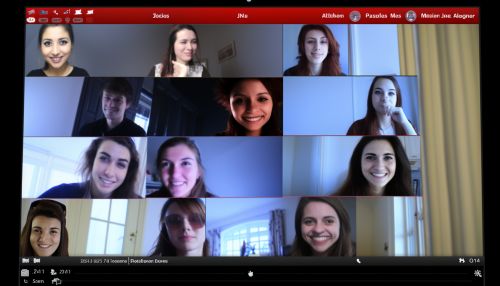
Reception and impact
Chatroulette has been met with mixed reviews. Some users appreciate the randomness and the opportunity to meet people from different cultures. However, the site has also been criticized for its lack of control over inappropriate content. It has been used for pranks, such as the infamous "Rickrolling", and has been criticized for allowing users to broadcast explicit content. Despite these criticisms, Chatroulette has had a significant impact on online culture, inspiring a number of spin-off sites and being referenced in popular media.
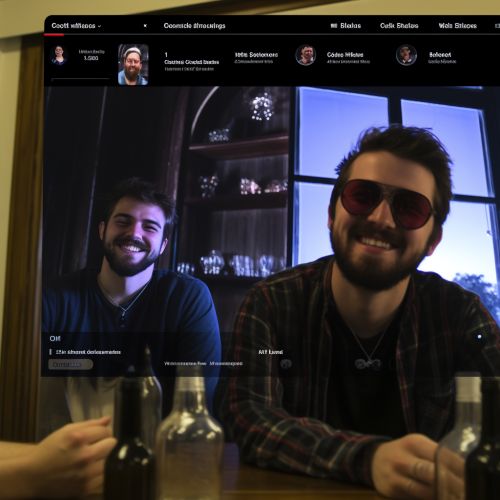
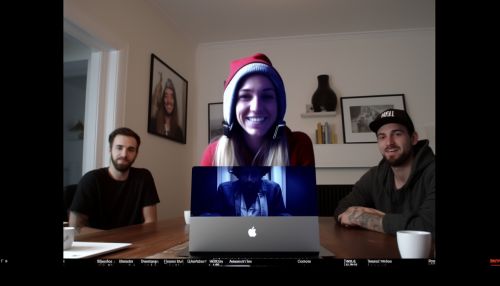
Controversies
Chatroulette has faced criticism for its lack of age verification and control over explicit content. The site has been used to broadcast explicit content, leading to concerns about child safety. In response, the site has implemented several features to combat these issues, such as a "report user" button and various adult content filters. Despite these measures, concerns about inappropriate content remain.
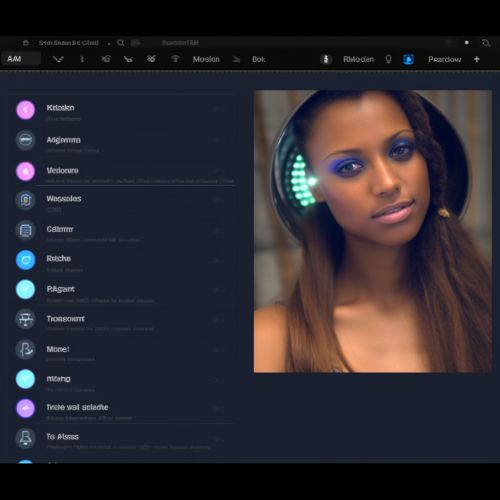
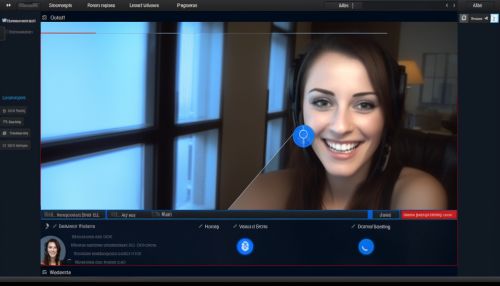
Future of Chatroulette
Chatroulette's popularity has declined since its peak in 2010. However, the site remains active and continues to have a dedicated user base. The future of the site is uncertain, with some speculating that it may undergo a resurgence as virtual reality technology becomes more widespread.
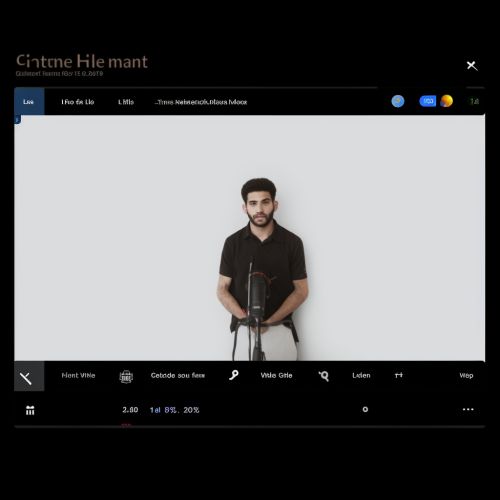
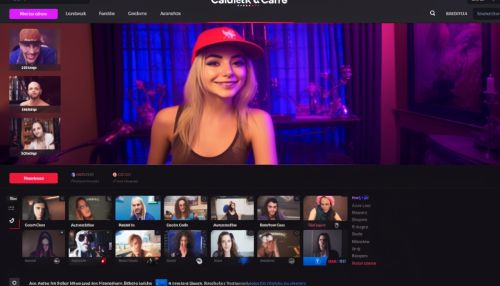
See Also
References
1. "Chatroulette: Talking to Strangers on Internet - A New High". The New York Times. Retrieved 2021-10-10. 2. "Chatroulette: The roulette chat of the moment". The Guardian. Retrieved 2021-10-10. 3. "Chatroulette: The Internet's Wild West". The Wall Street Journal. Retrieved 2021-10-10. 4. "Chatroulette: The site that makes you talk to strangers". BBC News. Retrieved 2021-10-10. 5. "Chatroulette: The site that's got the web talking". CNN. Retrieved 2021-10-10.
